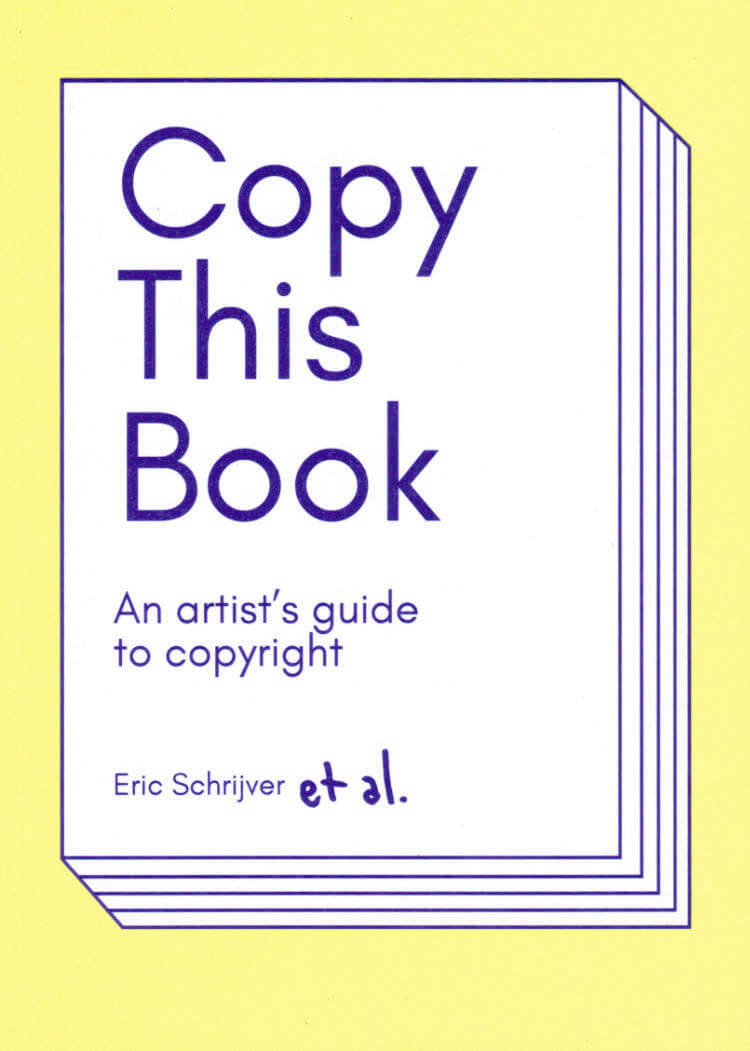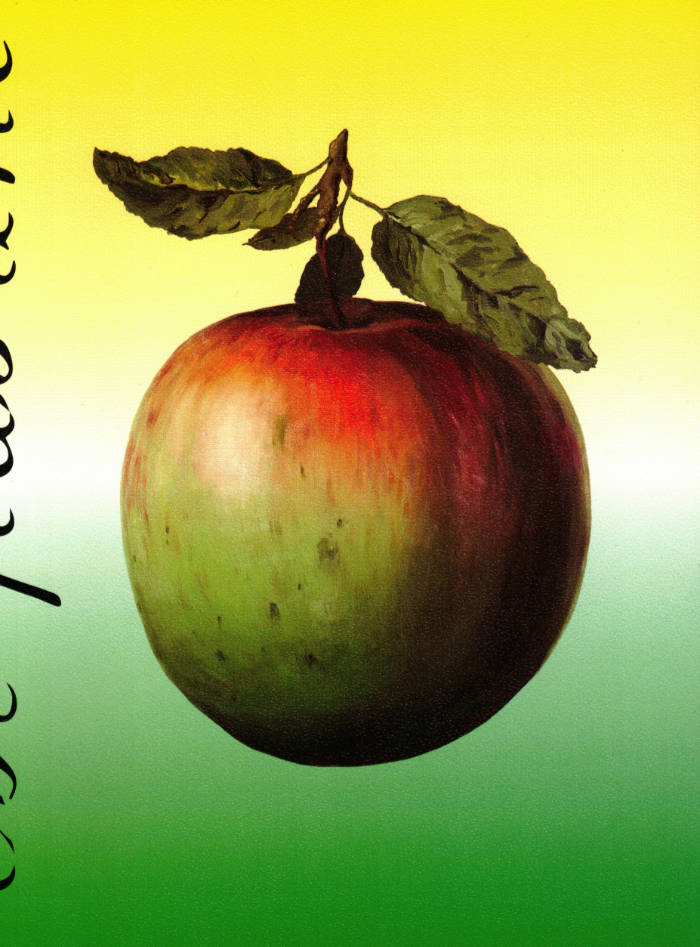
Copy This Book
This book is an artist’s guide to copyright, written for makers. Both practical and critical, this book will guide you through the concepts underlying copyright and how they apply in your practice.
How do you get copyright? For what work? And for how long? How does copyright move across mediums, and how can you go about integrating the work of others? Because they get copyright too!
Copy this Book will detail the concepts of authorship and original creation that underlie our legal system. This way, it will equip you with the conceptual keys to participate in the debate on intellectual property today.
This sharp and useful book shines a light on the rights of all artists to protect—and share—their work. Eric Schrijver has produced an essential guide for navigating the new Commons and the old laws of copyright control.
— Ellen Lupton, curator and critic
Language: English





